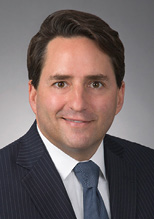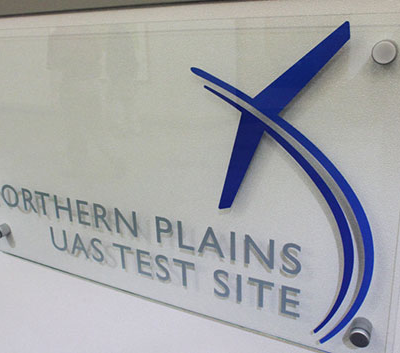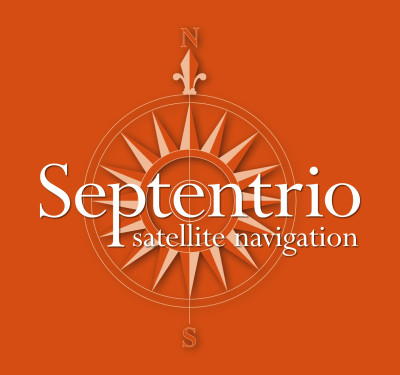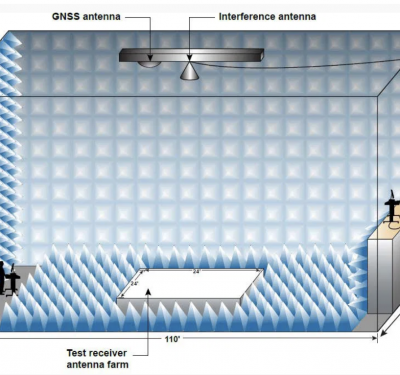
Michael Drobac is the executive director of the Small UAV Coalition. Launched in October, the group advocates for the commercial unmanned aerial vehicle industry and recreational drone users, eschewing defense firms. It also has helped launch the Know Before You Fly campaign to educate the public about safe-flight rules.
Five Good Questions
Q: Why did you launch the coalition?
A: There were a number of companies and startups, and a huge contingency of hobbyists and recreational users, that weren’t represented. They didn’t have a voice in this discussion.
There are a number of great organizations that are not focused on commercial and consumer use. There are companies that are large, that are in the aerospace and defense industry. …They have different goals and different missions. So the large members of AUVSI (the Association for Unmanned Vehicle Systems International) may be creating a commercial or consumer UAV (unmanned aerial vehicle) but they’re also working heavily with the defense industry and that’s just not consistent with our mission, which is consumer and commercial.
Q: What do you think of the new proposal to create a less stringent regulatory regime for micro UAVs weighing less than 4.4 lbs.?
A: Love it. That’s really the model that’s taken hold in Canada.…Other nations are looking at that and I think it opens the door for a recognition that there is absolutely a way to operate these safely and that there are certain categories of UAVs or drones that absolutely should be in place and legal today.
Q: After a small drone crashed on the White House lawn, the president said he wanted to ensure UAVs were not used to violate people’s privacy. How is your organization approaching the privacy question?
A: We understand this is an area that has to be addressed. It has to be addressed everywhere. Cameras on sticks, cameras on helicopters, mobile devices—everything that has the ability to capture information about consumers; we have to address that. The same is true with UAVs though I don’t think there’s anything particularly unique about an aerial vehicle.
Q: Your organization asked the FAA to set up a small UAV advisory committee to address issues like autonomous flight and beyond-line-of-sight operations. How would that fit in with ongoing standard-setting efforts and the small UAS rule?
A: I see it being extremely helpful. The basic premise here is that regulators and lawmakers and policymakers need to be informed, and they need to be informed by those who understand the technology.
Q: What is the most important thing that you see in the rules proposed by the FAA for small UAS operation?
A: I would say that the most important change from (what was expected) is that they are not requiring a private pilot’s license. They offered up a new program that will be an operator certificate that a consumer or commercial operator could get at what was called a Knowledge Test Center. And they are going to move expeditiously to set those up. That’s a very big thing because a private pilot’s license is by no means an easy thing to get.






